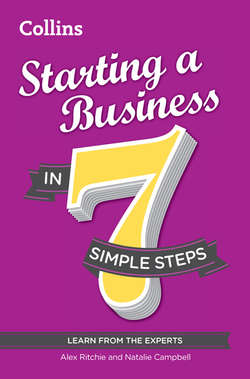Читать книгу Starting a Business in 7 simple steps - Alex Ritchie - Страница 27
Company structures in the UK
ОглавлениеWhen setting up a business in the UK, you need to decide on the legal structure, which will depend on how you will be running the company. Talk to other business owners to understand why they opted for a certain structure and ask them about the pros and cons. The table below outlines the most common types of companies registered.
| Company type | What does this mean? |
| Sole trader | The business is owned entirely by you, although you may decide to employ other people. As a sole trader you have unlimited liability, which means that you are personally liable for any debts or losses. One benefit of this structure is that there is less paperwork and fewer formality requirements involved in setting up. This type of business often works well for freelancers or independent consultants. |
| Limited company (Ltd) | The most common version of a limited company is a private company limited by shares. The business is a separate legal entity to its directors. All profits are owned by the company. Company directors aren’t personally responsible for debts the business can’t pay if it goes wrong. Limited companies benefit from a lower tax rate than sole traders. Many businesses fall into this category, from builders to restaurants, and shops to marketing agencies. |
| Limited Liability Partnership (LLP) | LLPs are most commonly set up by professional services firms, for example, solicitors or accountants. In a LLP, the partners do not bear legal or financial responsibility for the business, unlike ordinary partnerships or limited partnerships, where partners may be responsible for debts or losses. |
Tax
